Many Americans hear the word plague and are struck with images of medieval doctors and sickly Native Americans; however, this illness is no longer confined to the past. It is a very real problem in modern society, most recently manifesting in Madagascar, and is estimated to have killed 124 people.
This plague comes from a bacteria, Yersinia pestis, which is normally found in small mammals and fleas. The disease is spread via small animals’ fluids and fleas from infected animals biting humans. The World Health Organization (WHO) lists symptoms of the plague to be: chills, head and body aches, weakness, nausea and vomiting. WHO is working to contain the spread of the illness before it can reach other islands in the Indian Ocean.
Many more cases are expected, but Dr. Ibrahima Soce Fall, a UN Emergency health chief, tells the Washington Post, “We think we can affect the curve very quickly thanks to the deployment of human resources and all types of intervention.” As of now, most of the cases are condensed in central Madagascar, with the majority found in the capital city of Antananarivo. Antananarivo has a metro population of nearly 3 million, and the largest number of confirmed plague cases with nearly 565 cases.
While this disease is currently only found in Madagascar, it could very easily spread to nearby countries and cause damage. The WHO website states that it poses a “case-fatality ratio of 30% to 100% if left untreated.” With over a thousand people confirmed infected, it could spell disaster. The Black Plague, one of the deadliest plagues in history, spread in a similar way and killed an estimated 50 million people.
While the Madagascan plague is unlikely to reach the same death toll, due to the island’s isolation, the 24 million Madagascans who live there are at risk of a serious outbreak. WHO and Doctors without Borders are working tirelessly to prevent that worse case scenario.
You can donate to Doctors without Borders here.








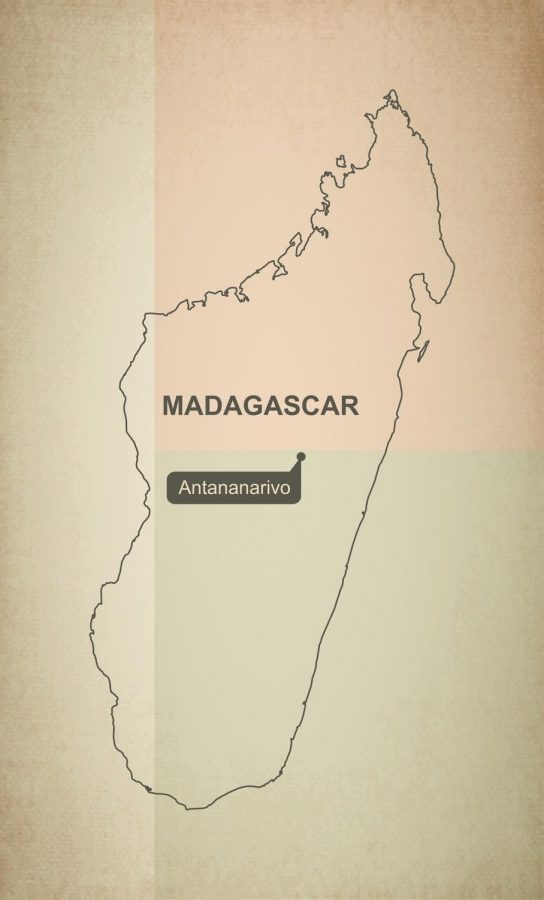
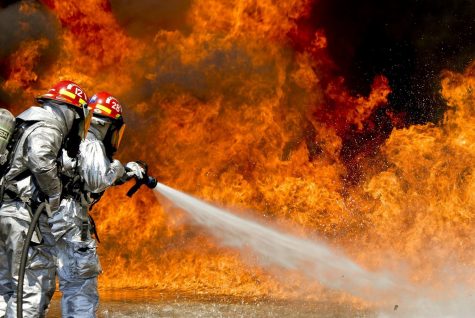
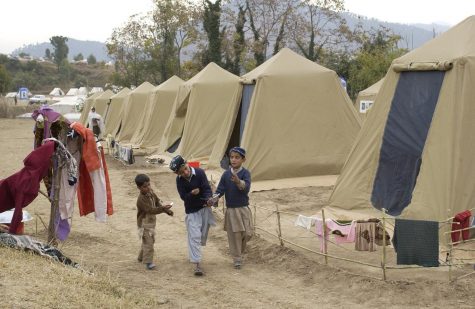



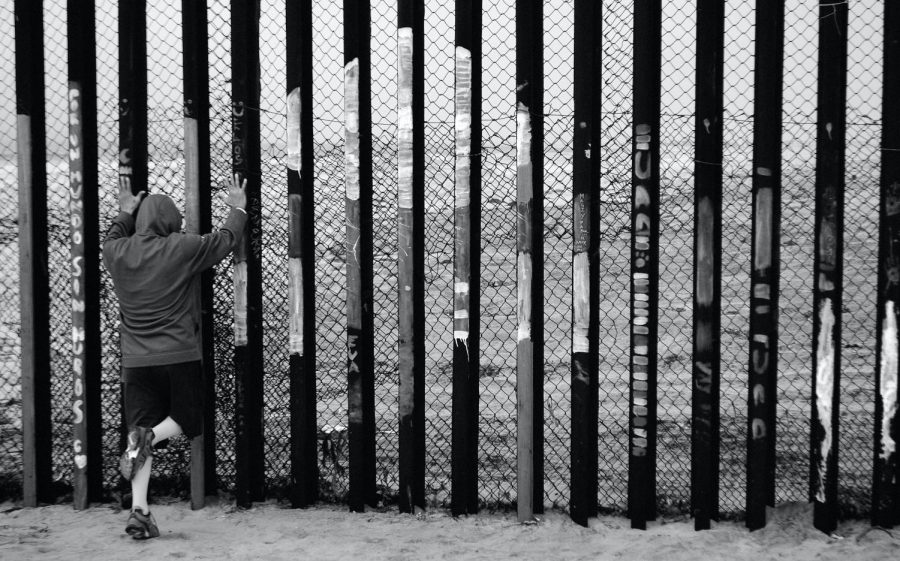


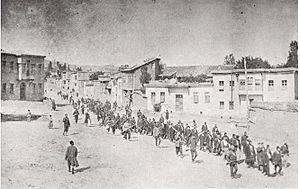

Hope Leonard • Nov 1, 2017 at 9:12 pm
I had no clue this was going on! Great article.